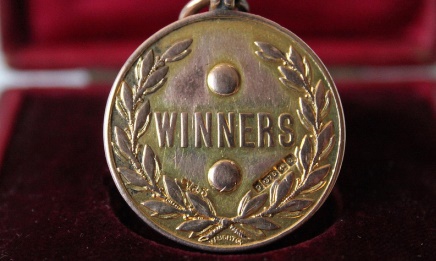Why Shanghai ranking is absurd

“The mere fact of wanting to rank universities based on their ‘performance’ is nonsense: if teaching, research, relations with the outside world, international influence are determined for a single institution, multiple values, and therefore several parallel and necessarily different rankings are generated.”
“Given the complexity of the activities undertaken by universities, dozens of criteria can be taken into account, which involves dozens of different rankings. To put them into a single classification is not only unrealistic, but in total contradiction with the methodological rigor that we try to convey to our students.”
“Universities perform various missions, usually arranged in three categories: teaching, research and community service. We can easily imagine that a university can be very ‘successful’ in research and less teaching, assuming that we could agree on the definition of ‘success’. Combining the different categories is mixing apples and pears.”
How much frankfurters can you swallow
“But the aberration but does not stop there. Not only universities perform several tasks simultaneously, but they specialize in a very high level in very different fields. We know that each institution does not have the same excellence in everything, there exists for each of them strong specificities. Again constructing an ‘average value’ has thus little meaning and masks strengths.”
“Suppose someone wants to get into the classification of humans and decrees that quality indicators or performance are: 1) the size, 2) the ability to mental arithmetic, 3) the time to sprint 100 meters, 3) the gross monthly income 4) the ability to swallowing a certain amount of frankfurters in an hour, 5) the number of books read in his life and 6) the number of children.”
Mission impossible
“Each indicator is questionable and controversial. How can we reconcile the various outcomes? And even assuming that everyone agrees, what weight should be given to each of them? And finally, what value will be one final score given to each individual, his ranking? Clearly this is ‘mission Impossible’. The more complex and varied the characteristics, the more unreasonable and even absurd to simplify results.”
Professor Bernard Rentier’s ‘cri de coeur’ was supported this week by France’s Education Minister Géneviève Fioraso, who stated that the research-based Shanghai-ranking favoured Anglo-Saxon schools.
Fioraso said that the rankings are biased, as they reflect only specific aspects of education, in particular the Anglo-Saxon research-based learning. In France however, famous research institutions like CNRS and Inserm are separate from universities and therefore not taken into consideration in the Shanghai rankings.
Europe heading for an alternative ranking
The publication criterion in itself is also biased, as the scientific journals that are most valued are often Anglo-Saxon journals. “The criteria used are much more adapted to Anglo-Saxon universities than to European universities,” Education Minister Géneviève Fioraso said on rfi. “The attractiveness of higher education and research can’t be judged based on the sole standard of Anglo-Saxon education.”
“All the more reason France is defending a new European model, the ‘U-Multirank’, which will publish its first rankings in the spring. There, France’s prized grandes écoles and engineering schools could be recognised for their educational contributions.”
Meest Gelezen
Vrouwen houden universiteit draaiende, maar krijgen daarvoor geen waardering
Hbo-docent wil wel rolmodel zijn, maar niet eigen moreel kompas opdringen
Wederom intimidatie van journalisten door universiteit, nu in Delft
‘Waarom het nu niet lukt om medezeggenschap in hbo te versterken’
‘Sluijsmans et al. slaan de plank volledig mis’

